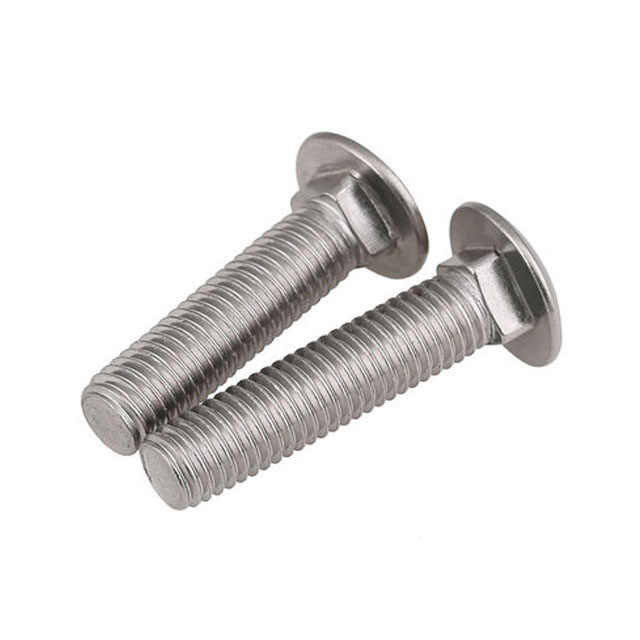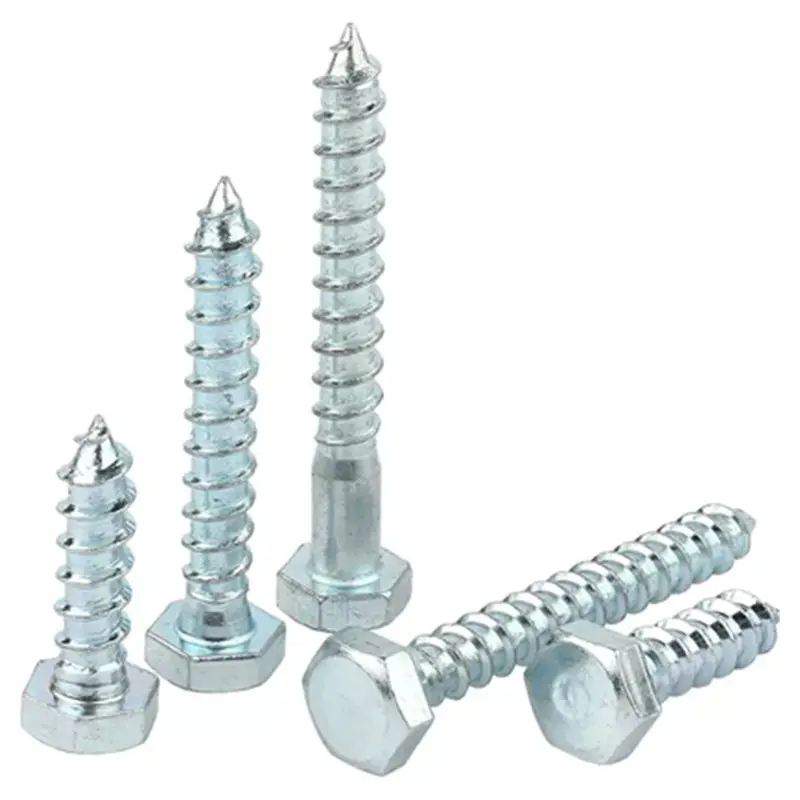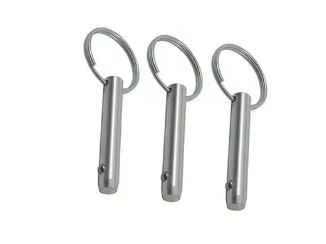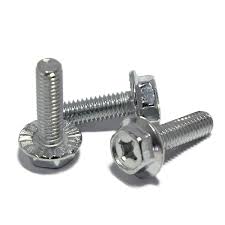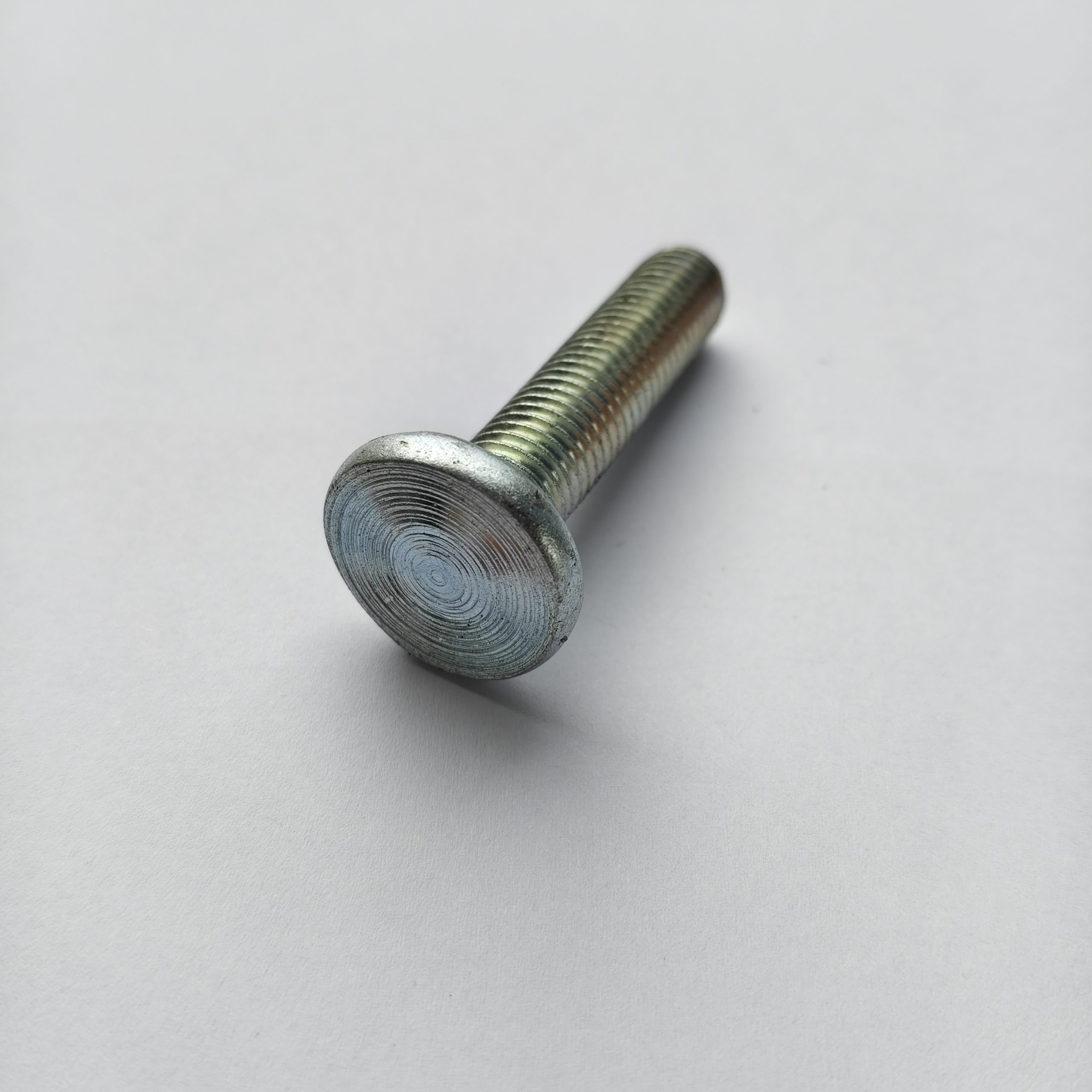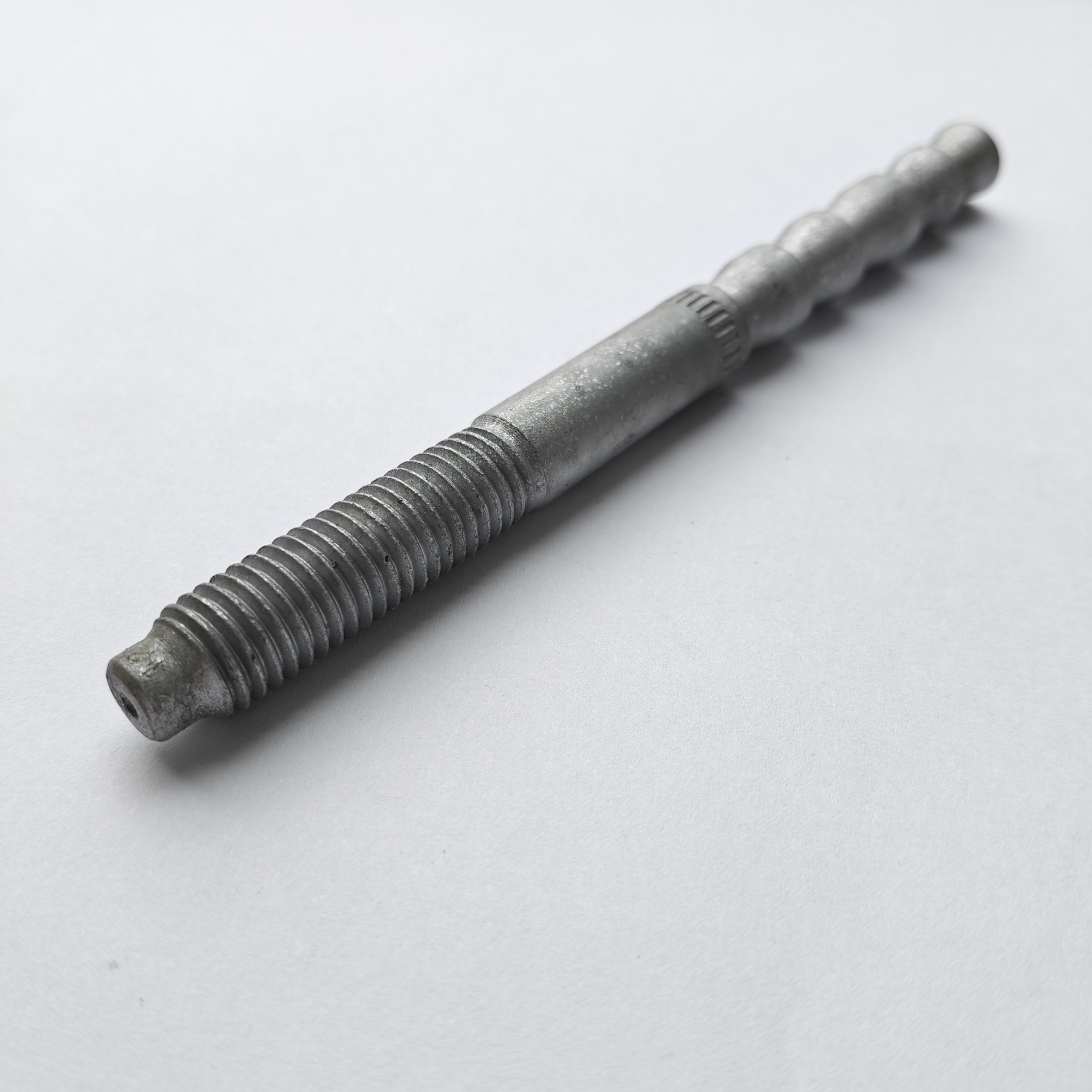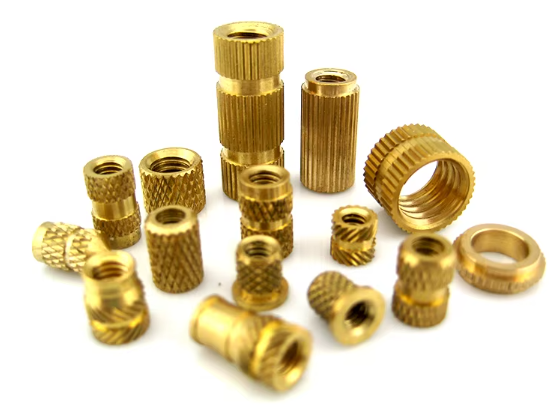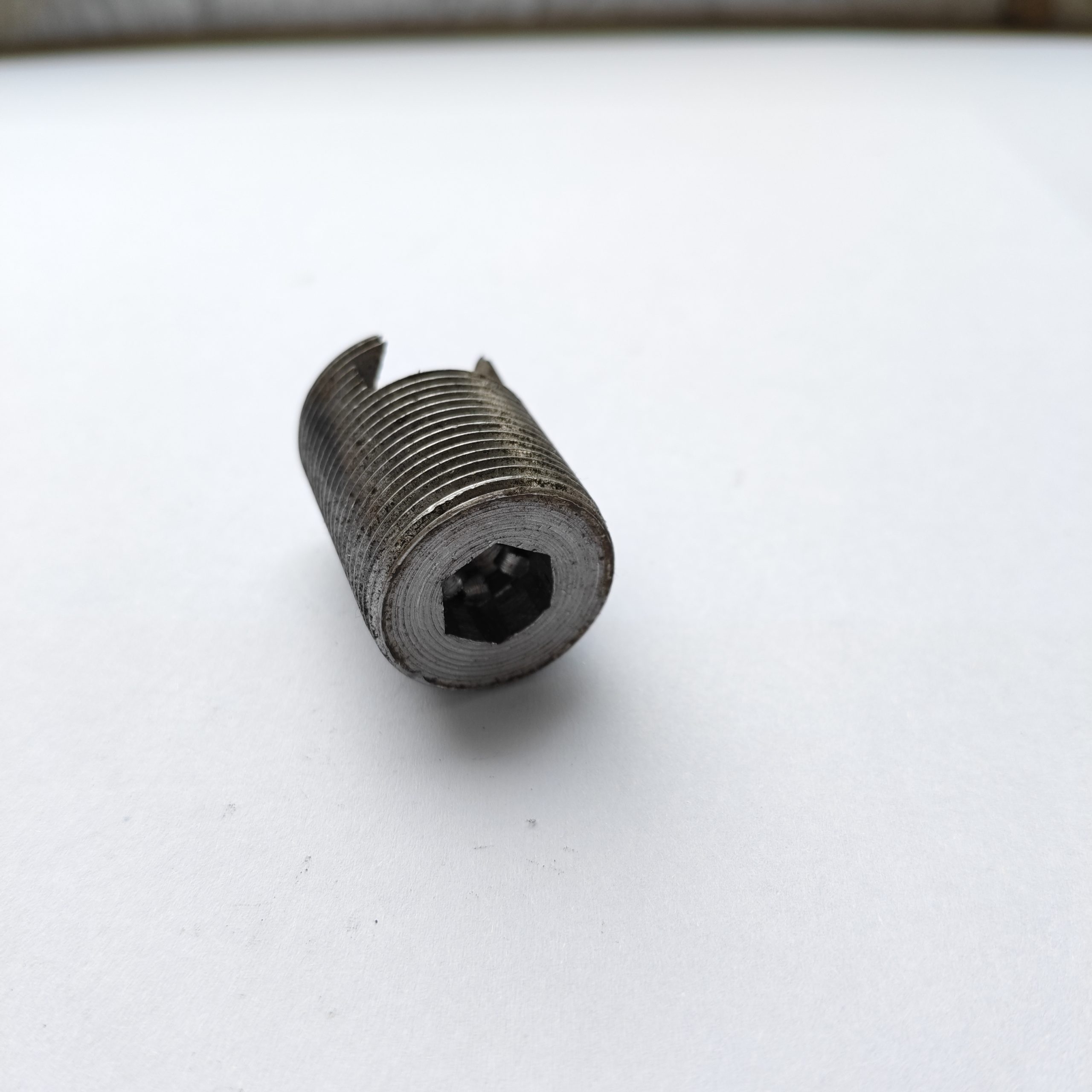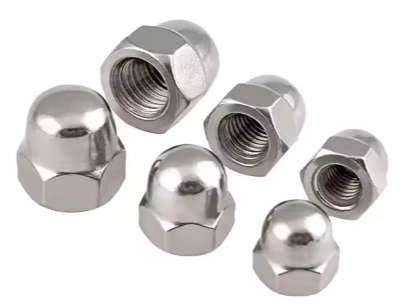

This guide provides a detailed overview of DIN 933 M10 hexagon head bolts, covering their specifications, applications, material properties, and selection criteria. Learn about the key characteristics that make them suitable for various fastening applications and how to choose the right bolt for your project. We'll also explore related standards and best practices for installation.
The DIN 933 M10 designation indicates a nominal diameter of 10 millimeters. The thread pitch, which is the distance between adjacent threads, is defined within the DIN 933 standard. This precise specification ensures consistent performance and interchangeability. Accurate thread pitch is critical for a secure and reliable connection. You can find detailed thread pitch information in the official DIN 933 standard documentation.
DIN 933 M10 bolts are typically manufactured from various materials, including steel, stainless steel, and other alloys. The choice of material depends on the specific application and required strength, corrosion resistance, and temperature tolerance. Common materials include carbon steel (offering high strength) and stainless steel (providing excellent corrosion resistance). The selection of the appropriate material is crucial for ensuring the longevity and reliability of the bolted joint.
The strength grade of a DIN 933 M10 bolt is indicated by additional markings on the bolt's head. This grade specifies the tensile strength and yield strength of the material. Higher strength grades offer greater resistance to breaking under load. Understanding the strength grade is vital in choosing the correct bolt for your application. Incorrect selection can lead to premature failure.
DIN 933 M10 hexagon head bolts are widely used across numerous industries and applications due to their versatility and robust design. They are commonly found in:
Their strength and reliability make them ideal for various fastening tasks where high clamping force and resistance to vibration are essential.
Choosing the correct DIN 933 M10 bolt involves considering several factors:
It is highly recommended to consult the official DIN 933 standard for detailed information before making a selection.
While DIN 933 M10 is a widely used standard, it's important to be aware of other relevant standards, such as ISO 4017, which may have slight variations in dimensions or material specifications. Understanding these differences is critical for ensuring compatibility and selecting the appropriate fastener for your needs. Always refer to the relevant standard documentation for precise specifications.
High-quality DIN 933 M10 bolts are available from numerous reputable suppliers. For high-quality fasteners and excellent customer service, consider contacting Hebei Dewell Metal Products Co., LTD. They offer a wide selection of fasteners to meet diverse industrial needs. Always ensure you source your fasteners from trusted providers to guarantee quality and compliance with relevant standards.
Remember to always consult the relevant standards and specifications before selecting and installing DIN 933 M10 bolts to ensure safe and reliable performance.
| Characteristic | DIN 933 M10 |
|---|---|
| Nominal Diameter | 10 mm |
| Thread Pitch (example) | 1.5 mm (varies depending on strength grade) |
1 DIN Standard Documentation (Specific documentation should be cited here, if available). This section would require a reference to the specific DIN 933 standard document detailing the exact specifications, material properties, etc. Access to the standard may require purchase or subscription.

